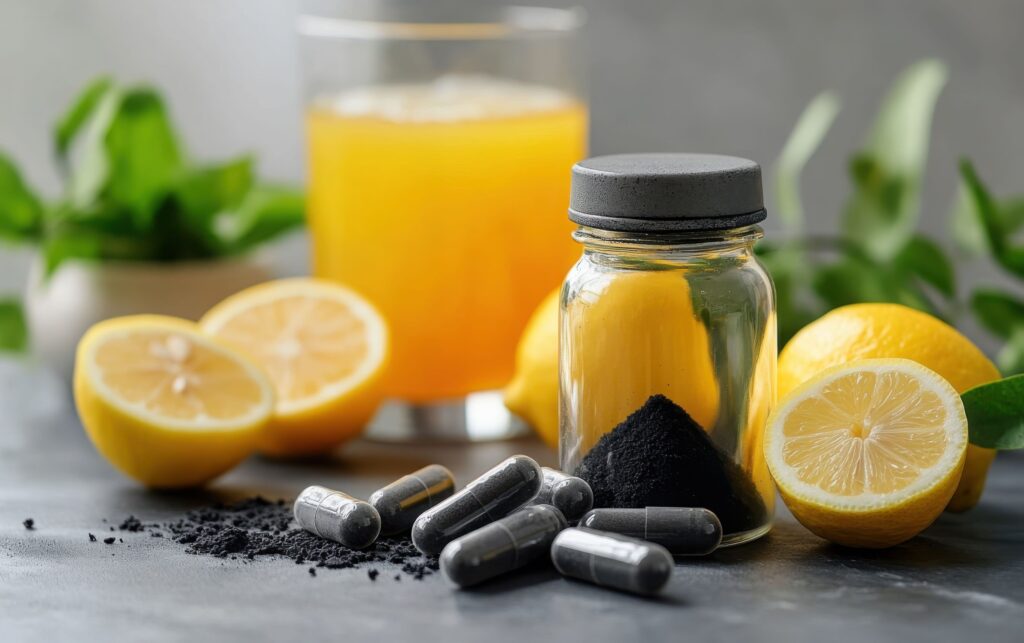
One of the first things others notice about you is the quality of your smile, and if yours looks more yellow or brown than pearly white, you might be remembered for the wrong reasons. If you’re frustrated by stubborn stains you can’t seem to brush away, you might feel tempted to try one of several do-it-yourself solutions that claim to reduce discoloration.
However, these at-home treatments may not yield the desired results and can even harm your grin if you’re not careful. Thankfully, your dentist offers teeth whitening services that you can trust. If you’re still not convinced, continue reading to learn about how these 3 methods can potentially harm your teeth.
Trend #1: Lemon Juice
If you’re a fan of natural remedies, you might already know that lemon juice can be used as a bleaching agent. The citric acid acts as an oxidizing agent that breaks down pigmented particles it meets. Many people apply it to their hair or on their teeth to lighten the shade and enhance their appearance.
Unfortunately, lemon juice is also highly acidic. Anything with a pH value of 5.5 or lower can erode your enamel, and the fluids of this fruit typically fall around 2 or 3 on the pH scale. You might be able to remove some stains this way, but you’ll also thin the protective outer layer of your teeth. This increases your vulnerability to common oral health issues, such as cavities and gum disease.
Trend #2: Activated Charcoal
Activated charcoal is another popular at-home method for treating dental discoloration. This fine black powder is created by super-heating coal, wood chips, tree bark, moss, coconut shells, or other natural materials. The process creates pores in the charcoal that absorb different particles, chemicals, or toxic substances.
Although it is often used to treat swallowed poisons, some people also use this sand-like substance to whiten their teeth. This ingredient can be purchased in a paste or as a standalone product and may potentially remove stains when used during brushing. However, the tiny grains can also abrade the surface of your teeth, making them more susceptible to decay or injury.
Trend #3: Over-the-Counter Kits
There are also many whitening pastes and strips available for purchase at many stores and pharmacies that claim to remove stains. That said, plenty of patients have been disappointed by the lack of results when using commercial products.
This could be because store-bought whiteners tend to contain diluted bleaching agents that are less effective. You might accidentally misuse or overapply the gel in an attempt to achieve results, which can cause sensitivity if you’re not careful.
Meanwhile, your dentist uses ultra-concentrated whiteners that are specifically designed to minimize potential discomfort while maximizing the outcome. A single in-office procedure can potentially brighten your smile up to 8 shades, or you can request a customized take-home kit with everything you need for professional results from home.
Meet the Author
Dr. Christel Cochell enjoys helping families near Salem build and maintain their happiest, healthiest teeth and gums. She earned her Doctor of Dental Medicine degree at Oregon Health & Science University in Portland and stays current with recent developments in technology and techniques by participating in several prestigious organizations, including the American Dental Association. She offers a comprehensive range of services to cater to all your needs at one convenient location, including in-office and take-home teeth whitening options. You can request an appointment on the website or call (503) 585-8688.
